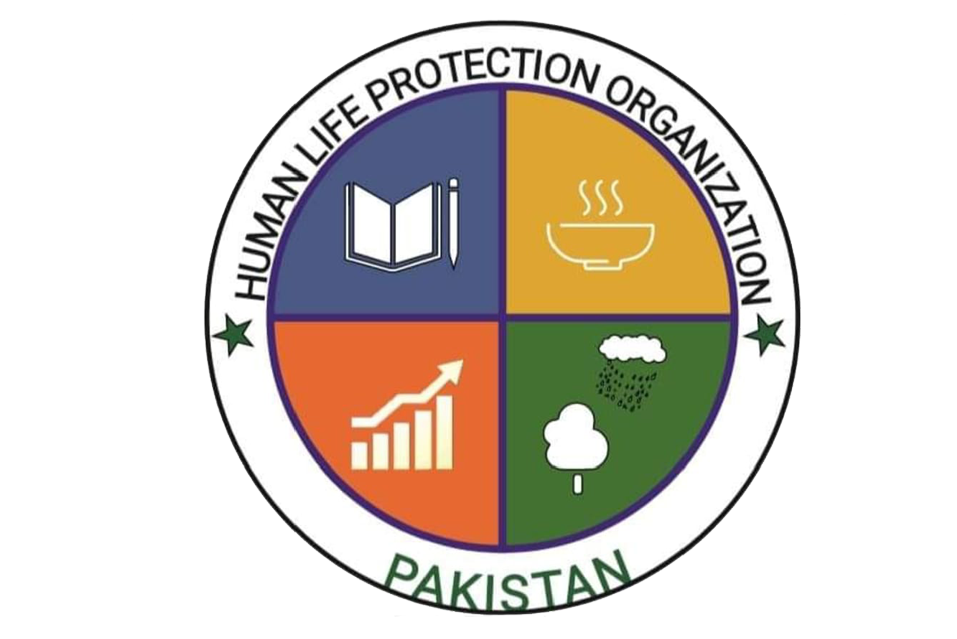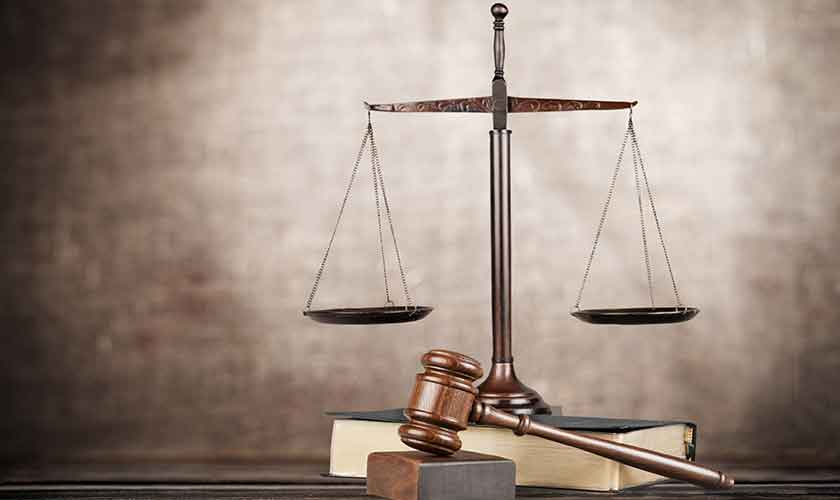The Legal Landscape in Pakistan: Challenges and Opportunities
Pakistan’s legal system is a complex blend of inherited colonial laws, Islamic jurisprudence, and modern statutes. This unique combination reflects the country’s diverse historical and cultural heritage. However, despite its rich legal framework, Pakistan faces significant challenges in ensuring justice, transparency, and the rule of law. This blog explores the current state of the legal system in Pakistan, highlighting the key issues and potential pathways for reform.
Historical Context
Pakistan’s legal system is rooted in the British colonial era, which introduced a comprehensive body of laws and a judicial structure. Post-independence, Pakistan retained much of this legal framework while incorporating Islamic principles through various amendments and laws. This dual legal system aims to balance modernity with tradition, but it often leads to complexities and inconsistencies.
Key Challenges
- Judicial Backlog and Delays: One of the most pressing issues is the massive backlog of cases in courts. The slow pace of legal proceedings often means that justice is delayed, which can be tantamount to justice denied. It is not uncommon for cases to drag on for years, if not decades, due to procedural delays and resource constraints.
- Access to Justice: Access to legal services remains a significant challenge, particularly for marginalized communities and rural populations. Legal aid is limited, and many people are unable to afford private legal representation, leaving them vulnerable and without recourse.
- Corruption and Inefficiency: Corruption within the legal system undermines public trust and impedes the fair administration of justice. From bribery to influence peddling, corrupt practices can skew outcomes and erode the rule of law.
- Legal Literacy: A lack of awareness about legal rights and processes among the general population exacerbates issues of access and justice. Many citizens are unaware of their rights or the mechanisms available to address grievances.
- Human Rights Concerns: Pakistan faces significant human rights challenges, including issues related to freedom of speech, gender equality, and minority rights. Despite constitutional guarantees, enforcement remains inconsistent, and violations are not uncommon.
- Overlapping Jurisdictions: The coexistence of secular and Islamic laws can lead to jurisdictional overlaps and conflicts. This dual system sometimes creates confusion and inconsistency in legal interpretations and judgments.
Opportunities for Reform
- Judicial Reforms: Streamlining judicial processes and increasing the number of judges can help address the backlog of cases. Implementing alternative dispute resolution mechanisms, such as mediation and arbitration, can also expedite the resolution of disputes.
- Legal Aid and Pro Bono Services: Expanding legal aid programs and encouraging pro bono services by lawyers can improve access to justice for the underprivileged. Public-private partnerships in legal aid can be particularly effective.
- Anti-Corruption Measures: Strengthening anti-corruption laws and ensuring strict enforcement can reduce corruption within the legal system. Establishing independent oversight bodies to monitor and investigate corruption can enhance accountability.
- Legal Education and Awareness: Promoting legal literacy through public education campaigns and incorporating basic legal education into school curricula can empower citizens to understand and exercise their rights.
- Human Rights Protection: Strengthening institutions like the National Commission for Human Rights and ensuring their independence can enhance the protection of human rights. Implementing international human rights conventions and improving enforcement mechanisms are crucial steps.
- Harmonizing Legal Systems: Efforts to harmonize secular and Islamic laws can reduce conflicts and ensure a more coherent legal framework. Engaging religious scholars and legal experts in dialogue can help reconcile differences.
- Technological Integration: Leveraging technology can improve the efficiency of the legal system. E-filing of cases, virtual hearings, and digitization of court records can reduce delays and enhance transparency.
Conclusion
The legal system in Pakistan, while robust in its framework, faces significant challenges that impede the fair and efficient administration of justice. Addressing issues like judicial delays, access to legal services, corruption, and human rights violations requires comprehensive reforms and a commitment to the rule of law. By implementing strategic reforms, promoting legal literacy, and leveraging technology, Pakistan can build a more just and equitable legal system that upholds the rights of all its citizens. Ensuring justice for all is not just a legal imperative but a cornerstone for the socio-economic development and stability of the nation.

